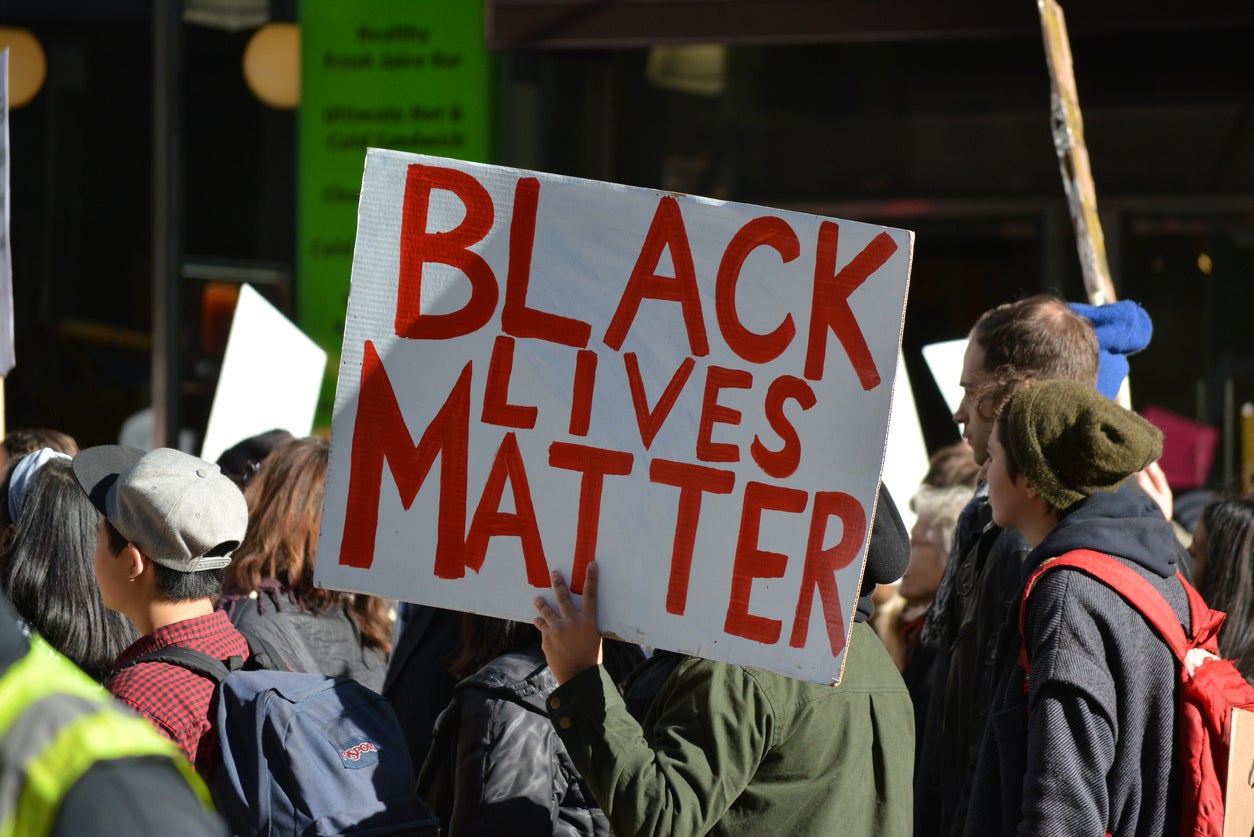Racism and ‘colonial legacies’ rife at world’s leading sexual health organisation, leaked report reveals
Exclusive: A probe into the International Planned Parenthood Federation (IPPF) uncovered damning results

A report into the world’s leading sexual healthcare provider has uncovered a culture of systemic racism within the organisation, The Independent can reveal.
The International Planned Parenthood Federation (IPPF) underwent an external probe that found racism is “not only reproduced within systems, policies and structures but also embedded in the organisational culture”.
“Colonial legacies” are rife and an ethnic pay gap has been branded “apartheid” wages by staff, according to the leaked report. Staff are also concerned that the hiring of white managers is prioritised and a “toxic” culture is pervasive within the secretariat.
Established in 1952, the IPPF is partly funded by the UK government. In addition to its central office, it operates six regional offices around the world with a presence in 145 countries.
The organisation helps more than 46,000 clinics and facilities by distributing sexual health products and services. It primarily focuses on improving sexual health services, also giving contraceptives to more than 14,000 providers, particularly in rural areas.
The IPPF has acknowledged the findings of the report and committed to making improvements, adding that it is “deeply sorry to our colleagues who have experienced racism and discrimination in the workplace”.
Four in ten staff members within the organisation’s central office in London were reported to have experienced or witnessed racism in the past 24 months. The review found that instances of racism have been experienced the most in this office.
More than one in two female staff members of colour said they either witnessed or experienced interpersonal racism at the IPPF within the same time period.
Such behaviour included being dismissed, treated as less competent, subjected to harmful microaggressions and being bullied and shouted at by white managers.
The organisation did not publish the report in full via its website. The IPPF has apologised to its staff members who have experienced discrimination.
There are also concerns that white people are being prioritised for senior roles. This group holds five times as many managerial positions (54 per cent) at the IPPF than Black people (9 per cent).
Of the 286 staff members within the IPFF secretariat, some 186 responded to the survey – mostly of Black, Asian and Middle Eastern heritage. Most of the workforce (72 per cent) believe that racism is a problem within the whole organisation.
The secretariat, comprising the central office and the six regional bases around the world, is responsible for strategy and distributing core funds to partner organisations in mostly Black and brown-majority countries.
Launched in the wake of widespread Black Lives Matter protests in September 2020, the Anti-Racism Review was concluded in July 2021. The IPPF said it then promptly shared findings with staff members.
However, a whistleblower told The Independent that staff felt little had changed since the review was concluded.
The IPPF said it felt that its management team reflected the diversity and experience “necessary to decolonise” the way it operated. Its current board of trustees is made up of 15 people from 11 different regions, including West Africa, the Caribbean and South Asia.
However, some staff members have said they feel that diversity in the company’s leadership is “tokenistic” and “insincere”.
When approached by The Independent for comment, the IPPF’s director general, Dr Alvaro Bermejo, said the report was a “turning point” for the organisation.
“As much as it was difficult to read, people felt safe sharing their experiences with us,” he said. “IPPF anticipated that the report would uncover some hard truths about people’s experience of racism within the workplace, and we have acknowledged and are humbled by the contributions from staff.
“We know talking about lived experiences of racism and discrimination takes an emotional and mental toll, and we are deeply sorry to our colleagues who have experienced racism and discrimination in the workplace.”
The IPPF published a solidarity statement on its website in June 2020 and, months before, ran another article online claiming that “an anti-racism perspective permeates” everything it does.
Recommendations from the review include the establishment of an action plan to tackle racism, and the implementation of policies to protect Black staff from racism and foster meaningful opportunities to discuss discrimination.
“The IPPF has a duty to do better, and we are committed long term to the principles of affirmative action and, through them, the anti-racism programme of action,” Dr Bermejo continued.
“In line with some of the recommendations, we have continued to engage as a management team and with a staff working group representing all regions, and a board of trustees subcommittee, thereby creating complete oversight of the implementation of the recommendations.”
Subscribe to Independent Premium to bookmark this article
Want to bookmark your favourite articles and stories to read or reference later? Start your Independent Premium subscription today.
Join our commenting forum
Join thought-provoking conversations, follow other Independent readers and see their replies